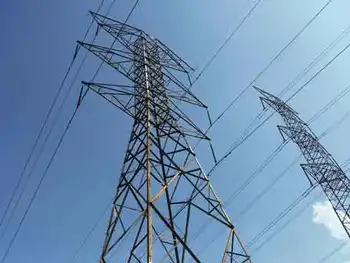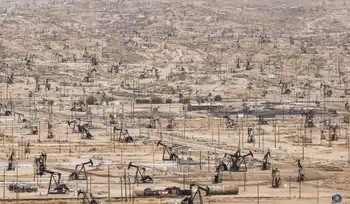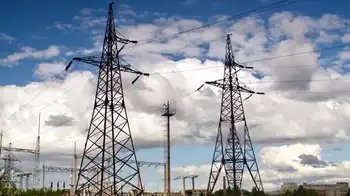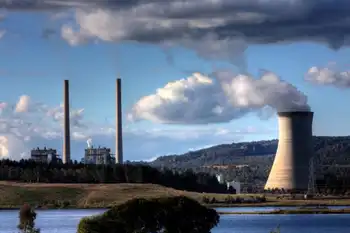National GridÂ’s mantra: Regulation
The ongoing battle with regulators in New York over electricity delivery rates, and last year over gas distribution rates in Massachusetts, is giving further strength to the call from analysts and investors for the company to sell the U.S. assets, which are less profitable than its UK business.
In 2009/10, only 40 of National GridÂ’s operating profit derived from its U.S. business, while the remaining 60 came from the UK.
“As expected, National Grid has achieved a poor result in New York,” said Investec utilities analyst Angelos Anastasiou said.
“Much though this was expected, it is nonetheless disappointing, and begs the question: what is the value of the underperforming U.S. business?” Mr. Anastasiou said.
The real problem lies in the fact that National GridÂ’s profits there are at the mercy of regulators.
It could do well to learn its lesson from UK rival Centrica, whose North American subsidiary Direct Energy operates in de-regulated markets in the U.S. and Canada and whose profits are not dependent on the decisions of state regulators.
But it is probably too late for that now as, unlike Centrica, the majority of National GridÂ’s US business is regulated and the regulators have not been kind to them.
The rate decision in New York allowed the company a $112.7 million increase in electricity delivery rates-around a third what the company had requested.
Last yearÂ’s decision in Massachusetts allowed National Grid around half of what they had requested for gas distribution.
The struggle with U.S. regulators over profits is becoming even more important now that National Grid needs to invest billions of pounds over the next decade in revamping the UK power grid so it can accommodate all the new renewable energy generation coming online to meet climate change targets and upgrade the gas network.
ItÂ’s also in the middle of a review with BritainÂ’s regulator Ofgem on electricity transmission and soon to start a full review on gas distribution.
“While the New York business is less than 10 of the group and this does not have a significant impact on our group valuation it will be negative for sentiment towards the U.S.,” said Deutsche Bank analysts in a note to clients.
Related News

Net-Zero Emissions Might Not Be Possible Without Nuclear Power
LONDON - Declining solar, wind, and battery technology costs are helping to grow the share of renewables in the world’s power mix to the point that governments are pledging net-zero emission electricity generation in two to three decades to fight global warming.
Yet, electricity grids will continue to require stable baseload to incorporate growing shares of renewable energy sources and ensure lights are on even when the sun doesn’t shine, or the wind doesn’t blow. Until battery technology evolves enough—and costs fall far enough—to allow massive storage and deployment of net-zero electricity to the grid, the systems will continue to need…





